Keywords: White Australia Policy
There are more than 200 results, only the first 200 are displayed here.
-

AUSTRALIA
- June Factor
- 03 August 2016
13 Comments
In 1940, Prime Minister Robert Menzies received a letter from a woman in Western Australia: 'I have heard on the wireless the news that Australia would be willing to receive internees from England. I beg to protest; we have enough of the scum here already, too many in fact ... I sincerely trust that a U-boat gets every one of them.' The 'scum' she rejected so emphatically were the German and Austrian refugees, predominantly Jewish, soon to travel to Australia as 'enemy alien' prisoners.
READ MORE 
-
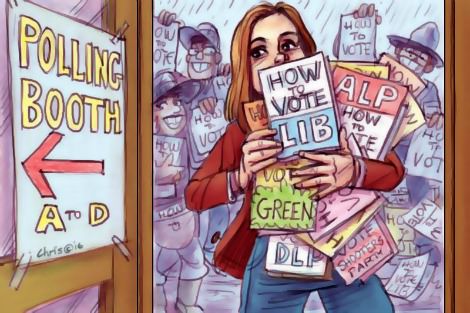
AUSTRALIA
- Neve Mahoney
- 29 June 2016
18 Comments
Honestly, I could talk all day about how growing up with Rudd/Gillard/Rudd followed by Abbott/Turnbull turned a generation away from politics. I could talk even longer about how seeing (mostly) white, (mostly) male politicians is its own form of alienation. But if I'm going to be the possible swing vote, the homogenous 'youth vote', I'm going to make it count. I know that I can't afford to disconnect; if for nothing else, I need to vote for the people who can't.
READ MORE 
-
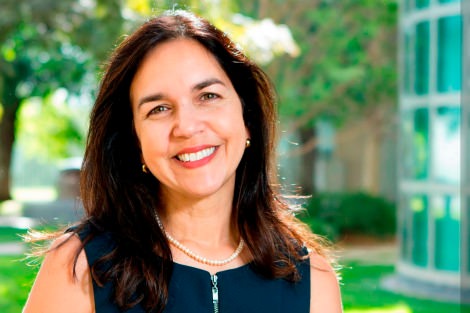
AUSTRALIA
- Jarni Blakkarly
- 21 June 2016
11 Comments
Across the political spectrum, Australia's major and minor parties are failing to reflect the multicultural Australia of the 21st century. We have fallen far behind similar nations like Canada, who elected 19 Indian-Canadians alone, and ten indigenous parliamentarians, at their last election. Who we elect to our parliament is not just about the gesture, it is also a reflection of where power lies within our society, and whose voices are given the space to be heard to represent the community.
READ MORE 
-

AUSTRALIA
- Binoy Kampmark
- 07 June 2016
5 Comments
Thirty-three bodies returned to Australia last Thursday in the country's largest repatriation of dead servicemen and their dependents, including six children. All of the dead were connected with Australia's involvement in overseas conflicts which have been archived and, in some cases, forgotten altogether. Returning the fallen has been a contentious matter. In some cases, the issue has been politicised, with dead soldiers discarded for being the immoral instruments of disputed foreign policy.
READ MORE 
-

INTERNATIONAL
- Gillian Bouras
- 23 May 2016
11 Comments
In America, Rex Tillerson, CEO of Exxon, received a salary of more than $40 million in 2012. He is apparently a devout Christian, so I wonder whether he ever worries about Matthew chapter 19, verse 24: it is easier for a camel to go through the eye of a needle than it is for a rich man to enter into the Kingdom of God. The 400 richest Americans own more wealth than the GDP of India. In contrast, vast numbers of their fellow citizens have less than $1000 in their savings and cheque accounts combined.
READ MORE 
-
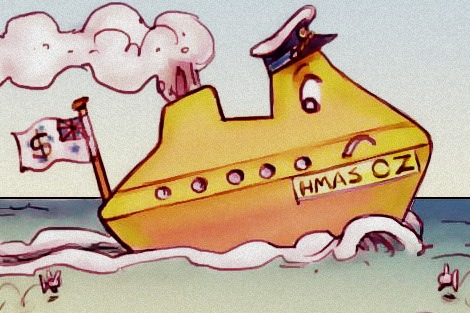
AUSTRALIA
If Australia knows who its enemies are, presumably these putative enemies have a fairly good idea who they are as well. How are they likely to respond to a purchase of submarines? By initiating military countermeasures? By exacting trade sanctions? By diplomatic reprisals? These questions are vital, not just for military planners but also for anyone who is likely to be affected by Australian foreign policy as well as those who want to know more generally how their tax dollars are to be spent.
READ MORE 
-
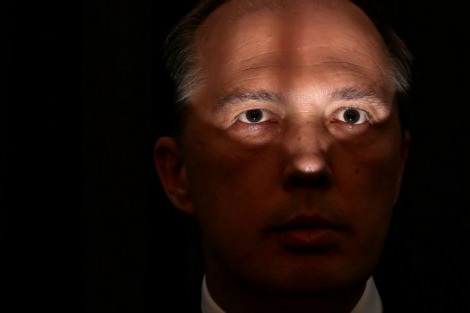
AUSTRALIA
I talk to those on Manus at all times of the day and night and make sure they are okay. Of course, they are not okay, but so far all of my friends are still alive We keep their spirits up by sending them clothes, games and keeping their phones paid-for so they can talk to their families. We keep them informed about what is going on in Australia. We do not encourage them to hurt themselves in order to put pressure on the government. We do everything possible to stop them from hurting themselves.
READ MORE 
-
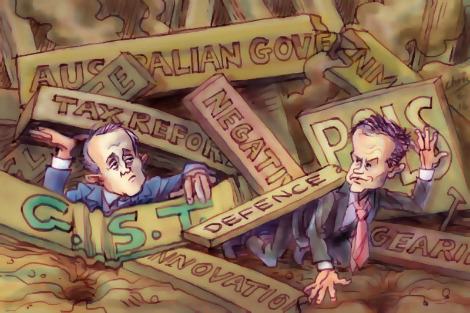
AUSTRALIA
- Osmond Chiu
- 18 March 2016
9 Comments
While Turnbull may be ahead as preferred prime minister, the Coalition has yet to demonstrate the principle of fairness that is deeply held and widely felt across the electorate. Labor's narrative needs to be not only that it is the party best equipped to deal with the challenges we face, but is the only party that can ensure any changes will be just and equitable. A plan for the future that is both convincing and seen as fair may end up being the difference between being in government and opposition.
READ MORE 
-
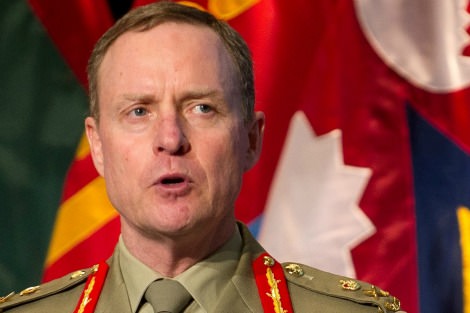
AUSTRALIA
- Donella Johnston
- 17 February 2016
18 Comments
The movement to end violence against women needs men in positions of influence, such as Australian of the Year David Morrison, to add their voices to those of the women spearheading the campaign. Male religious leaders can play an important role, but must first confront an important question: if one of the key causes of family violence is gender inequality, can they speak with authority if they are part of an institution that has no women episcopal decision-makers or leaders?
READ MORE 
-

INTERNATIONAL
- Fatima Measham
- 05 February 2016
9 Comments
The Bernie Sanders phenomenon in the US, like Corbyn in the UK and Podemos in Spain, demonstrates the rhetorical potency of renewal; of politics not as usual. It is the sort of thing that resonates with disaffected young people. While it is not entirely sensible to extrapolate developments in the US to Australia, it is worth speculating on the impact of our own changing demographics. Are the major parties equipped to take advantage of these shifts? Are they appealing to a new Australia that is already here?
READ MORE 
-
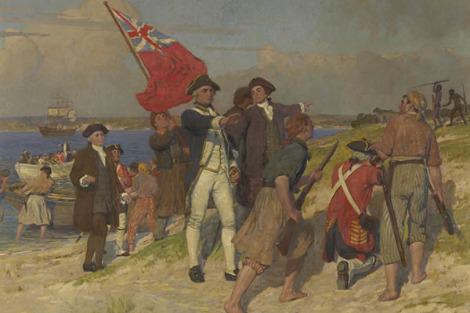
AUSTRALIA
- Andrew Hamilton
- 28 January 2016
4 Comments
The two major challenges facing the world have to do with kindness to strangers and care for the natural world. If the image of the beginnings of Australia is of a boatload of powerful Europeans coming to exploit the land occupied by a primitive people, a better image of future Australia Days might be of Australia sending parties to Indigenous settlements and other nations to discover how to cooperate in the great projects of reconciliation between people and people with nature.
READ MORE 
-
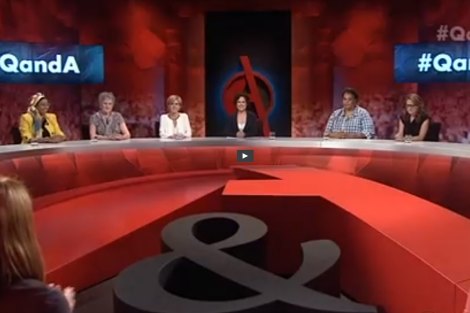
MEDIA
- Moira Rayner
- 13 January 2016
5 Comments
Annabel Crabb chaired it all really well, but the next day I realised that not only our Foreign Minister, but not one panelist, got one question about their extraordinary achievements. Bishop was managing partner of a big law firm. She has unique experiences and must have views on the world's problems and their impact on Australia. But nobody asked.
READ MORE 